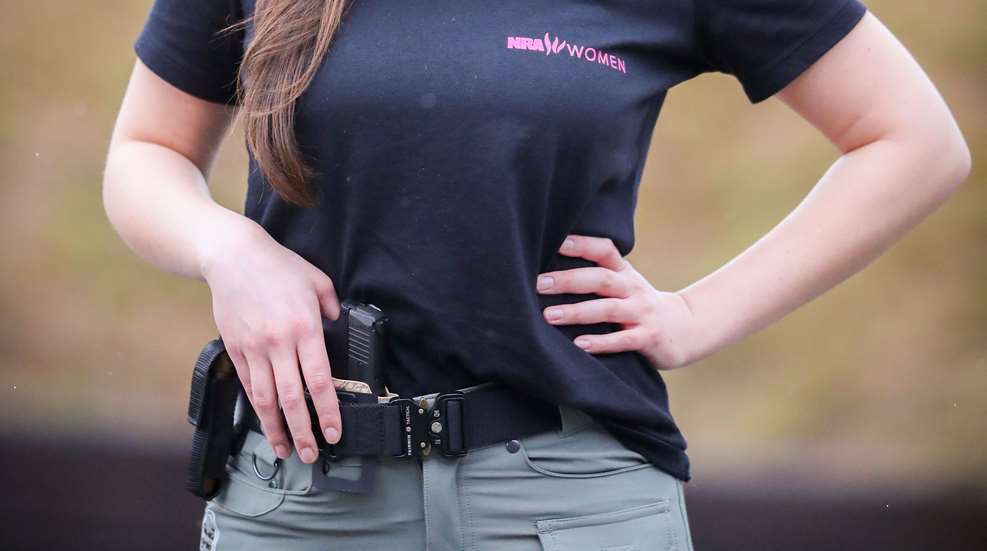
The Supreme Court has already decided that Americans have the right to keep a firearm in their home for self-defense, but why should that end at the threshold? In this upcoming court case the NRA and its allies will be challenging New York’s restrictive carry laws, and the decision will affect other May Issue states.
May Issue states currently require proof that you are worth defending to issue a concealed-carry permit. You might think that it would be easy to prove your life is important. You could show them your kid’s birth certificate, a picture of your mom, your artwork or work achievements. However, the departments issuing these permits simply do not care how many people rely on you, how influential you are or that you on your own are worth defending.
The proof they really want is that you are in immediate danger. They want documented threats, police reports detailing the trauma you’ve already faced and notarized witness statements that you were attacked. Are you a woman who doesn’t want any of that to happen to you … which is why you want to carry a gun? Too bad!
This blatant disregard for the dangers women face is insulting to say the least. May Issue states are at the root of why gun rights are women’s rights. These laws clearly state that the only women who deserve a firearm for personal protection are victims. You might think, at least the women who have survived a trauma, should have access to a self-defense firearm. At the very least, they can protect themselves. But at what cost?
The permit-issuing departments force women to relive the worst instances of their life by documenting threats, obtaining police reports and even asking bystanders to recount their traumas for a notary. May Issue states don’t only disrespect women who Refuse to Be a Victim, but embody victim-blaming discourse. They are saying, “You want a gun because your ex has been stalking you for months? Prove it.”
What happened to believing women?
Follow NRA-ILA for more updates on the NRA’s efforts to protect your Second Amendment rights.















































